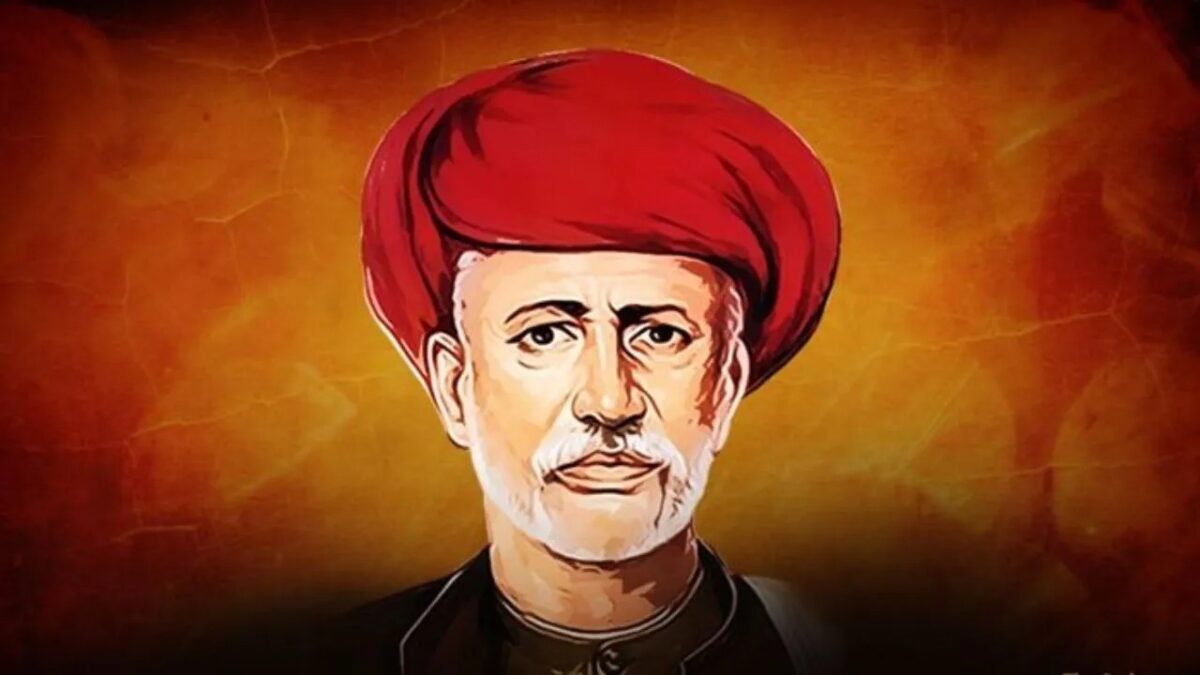Mahatma Jyotiba Phule had to leave school at a young age, but he raised his voice against the evils prevailing in the society. Her struggle against girls’ education, widow remarriage and casteism made her one of the greatest social reformers of India. His birth anniversary is a symbol of inspiration.
The birth anniversary of Mahatma Jyotiba Phule is celebrated every year on 11 April. Mahatma Phule was born in Satara, Maharashtra. Jyotiba Phule was brilliant since childhood, but due to economic difficulties he had to leave school at an early age. However, later when he realized the strength of education, he re -enrolled the Scottish Mission High School in Pune in 1841 and completed his education from there. Now he is known as India’s greatest social reformer. Let’s know about the education and contribution of Mahatma Jyotiba Phule
Mahatma Jyotirao Phule was born in 1827 in Katgun village of Satara district of Maharashtra. He was a famous social reformer, thinker and social worker. He was one of the early leaders to raise voice against caste system and social inequality. He was from a caste that was considered excluded in society, yet he adopted the path of education and reform.
How did Mahatma Phule get a degree?
Mahatma Phule was educated in a Christian missionary school. In 1873, he founded the Satyashodhak Samaj, which aims to eliminate caste discrimination and provide justice to the lower class people. This society was based on the discovery of truth and promoting equality. In 1888, Vittalarao Krishnaji Vandekar gave him the title of ‘Mahatma’, which means ‘great soul’. Mahatma Phule opposed evil practices like discrimination, casteism and untouchability and rejected false rules of purity and impurity.
What is Phule’s contribution?
In January 1848, he along with his wife Savitribai Phule opened the country’s first indigenous school in Wada, Pune, which was only for girls.
Jyotiba and Savitribai themselves taught in this school. At that time Savitribai was only 17 years old.
In 1873, an institution called ‘Satyashodhak Samaj’ was established. This meant ‘investigator of truth’. Through this organization, he created awareness in the lower classes of Maharashtra to gain equal, social and economic rights.
In 1873, Phule wrote a book called Ghulamgiri, which means slavery. Mahatma Jyotirao Phule has about 15 other notable works.
Jyotirao Phule also fought against upper caste women and fought against the plight of workers. This shows that they were against all types of inequality.
Impressed by the works of Jyotiba Phule, social reformer Vittalarao Krishnaji Vandekar gave him the title of Mahatma.
The post Mahatma Phule Jayanti: Phule had to leave school in childhood… Later, India’s biggest social reformer first appeared on News India Live | Breaking India News, The Indian Headline, India Express News, Fast India News.
